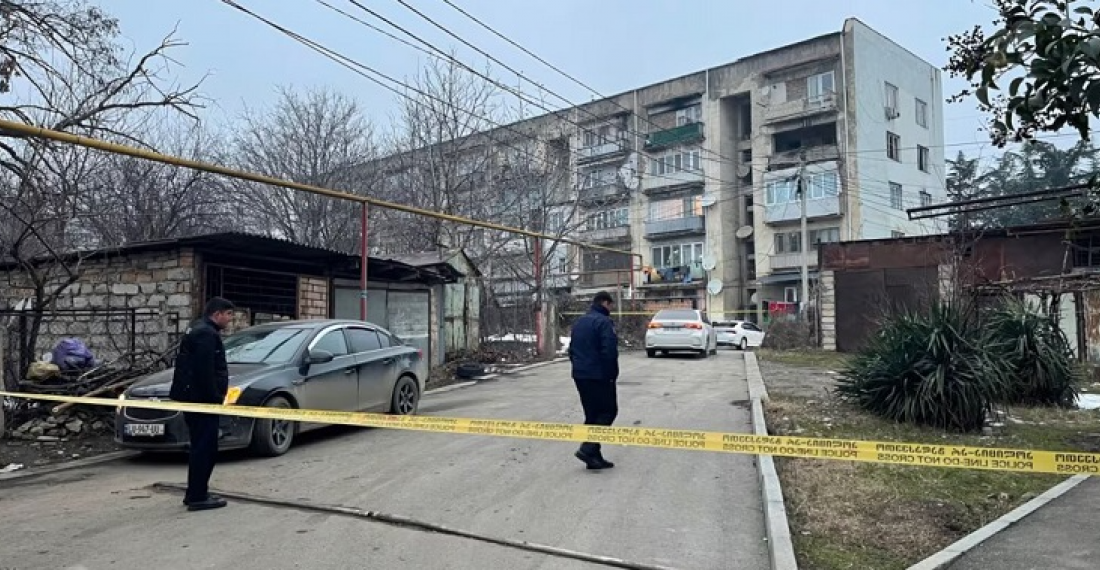A retired military veteran has killed five people in the eastern Georgian town of Sagarejo before committing suicide, the country's interior ministry announced on Friday morning (20 January).
The offender, according to the Georgian interior ministry, had served in the Georgian Defence Forces between 2006 and 2021, including in the NATO-led peacekeeping mission in Afghanistan. Among the dead is 38-year-old Otar Gvinashvili, a police officer who sustained fatal injuries while trying to protect another person during the shooting. Five other people were wounded.
Vakhtang Gomelauri, the Georgian Interior Minister who arrived at the scene early on Friday, said the offender had been with his adult child who escaped the flat following the incident. The 49-year-old offender is believed to have killed himself as security forces entered his flat.
Neighbours told local media the shooter had rented his flat and was reportedly undergoing treatment for psychological problems. There is currently no known motive for the mass shooting.
The incident was first reported by a doctor at a local hospital, who complained on Facebook that doctors were unable to approach the scene to help the wounded.






